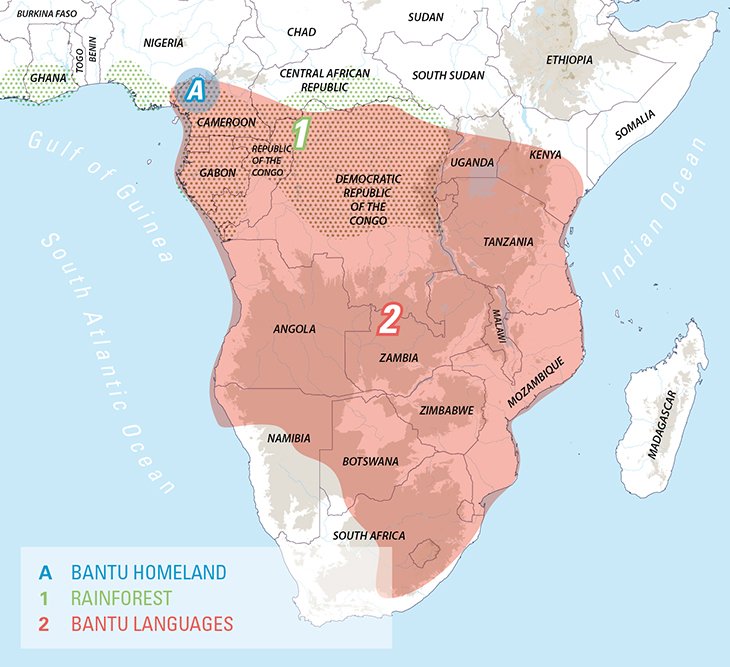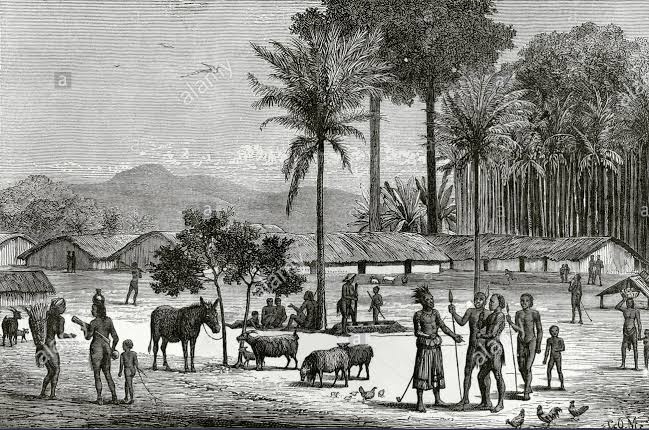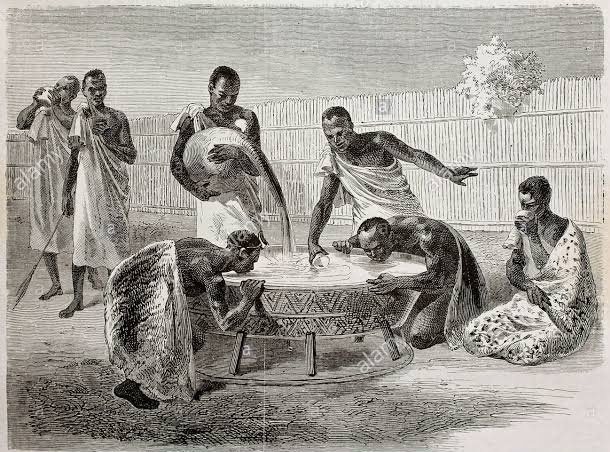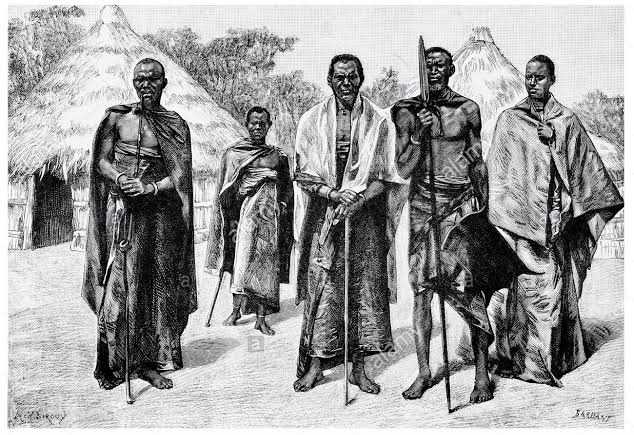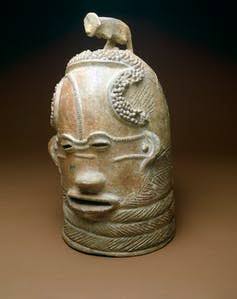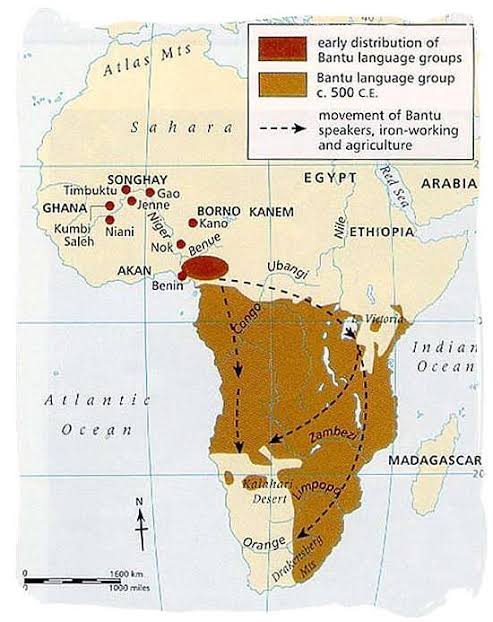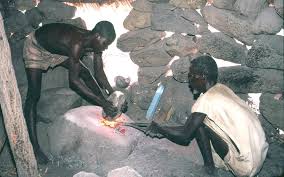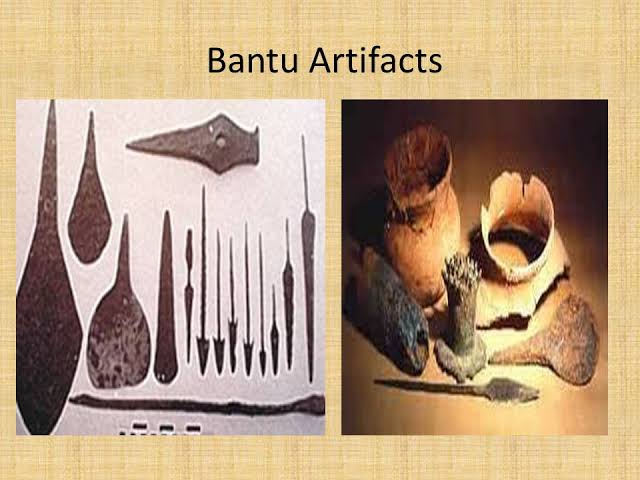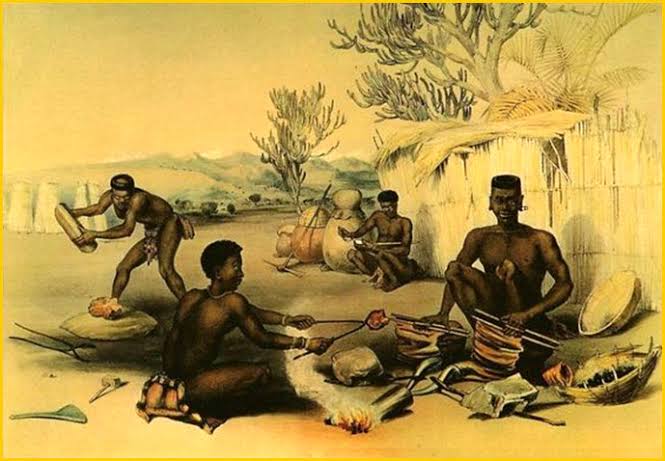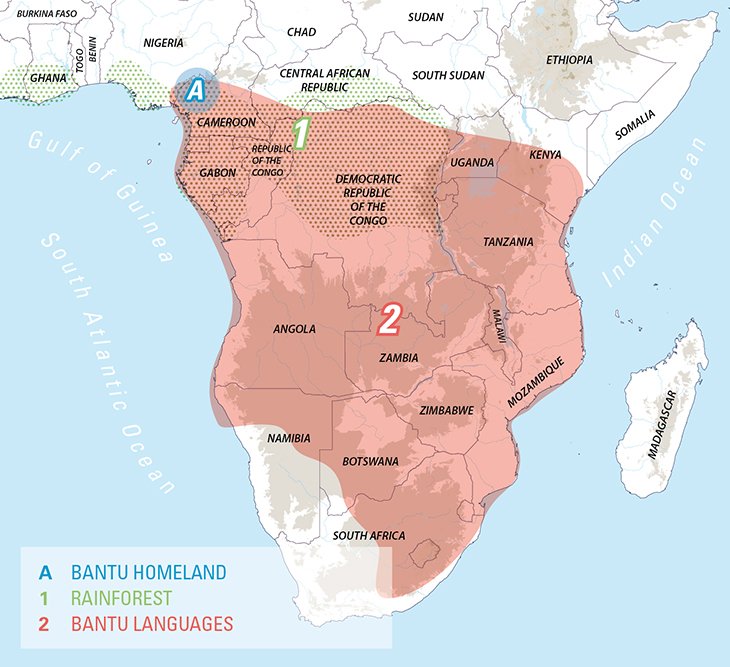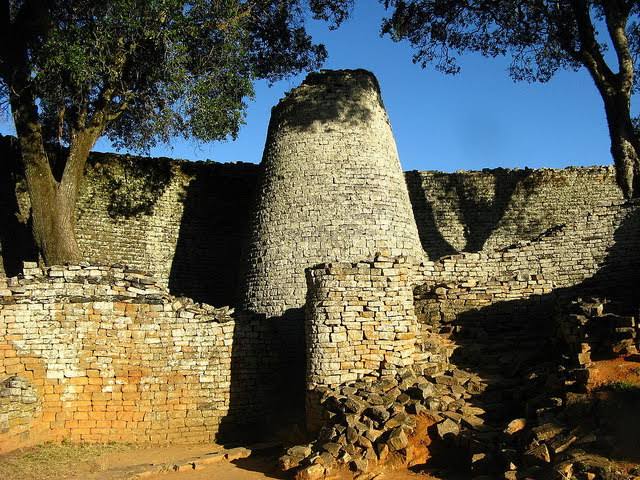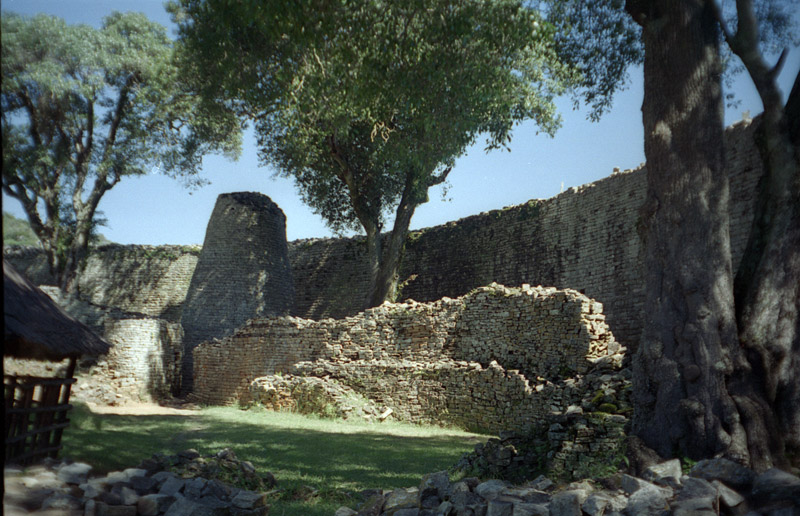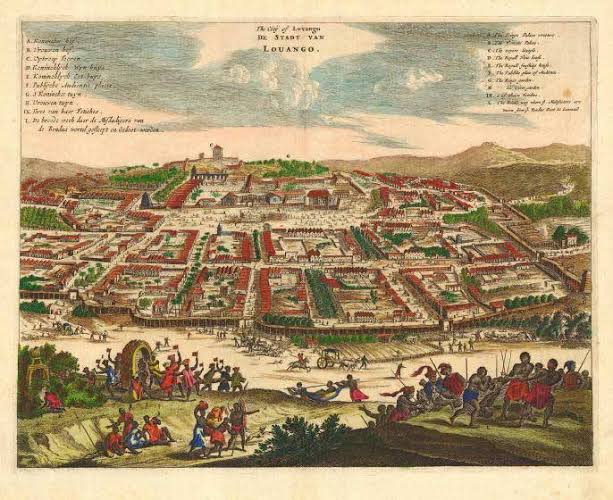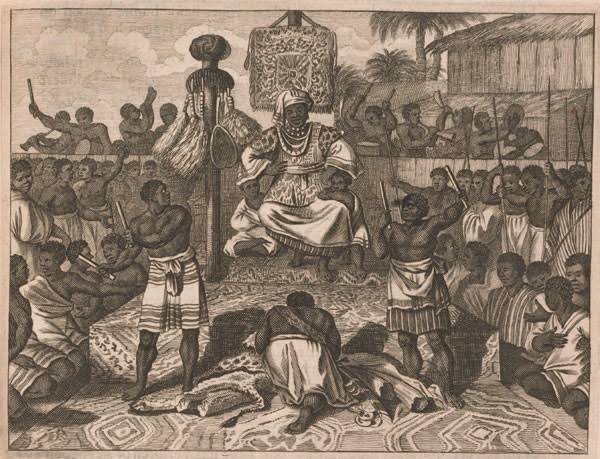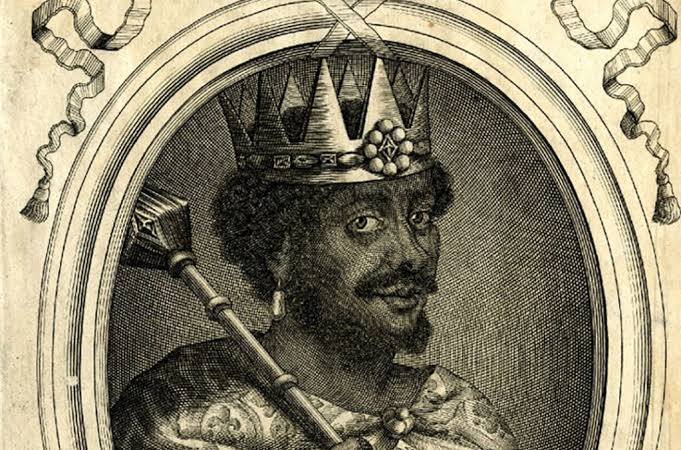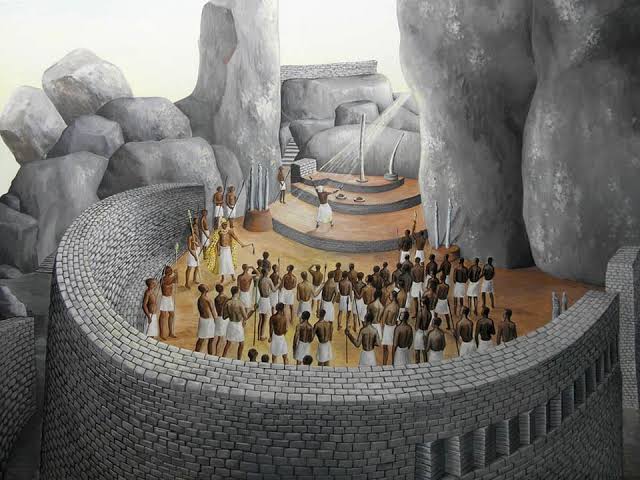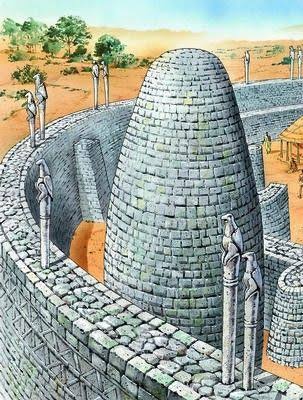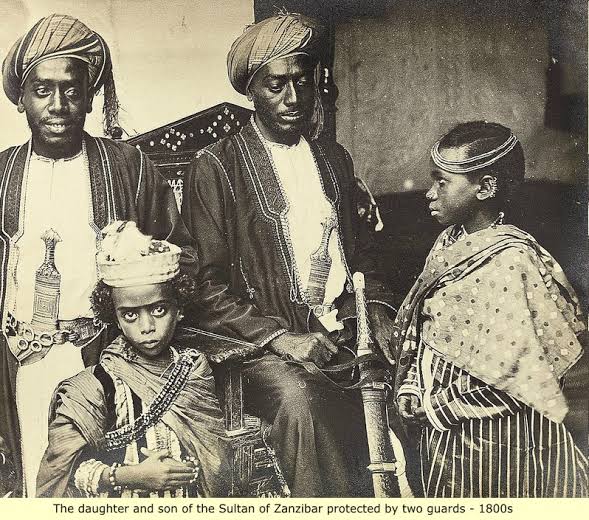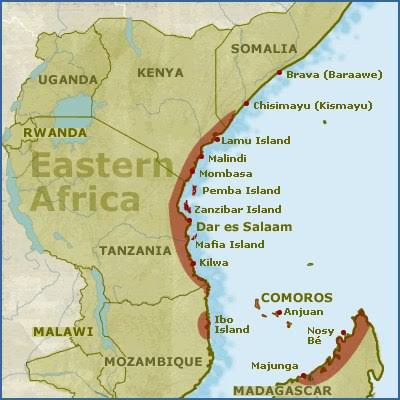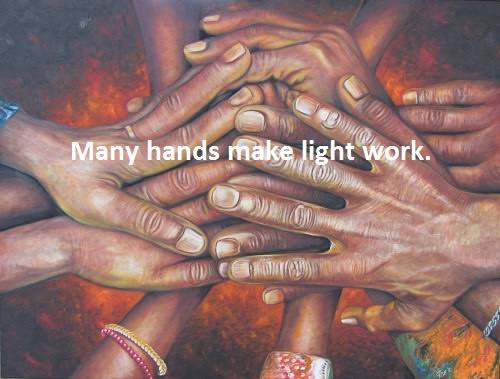The Bantu Expansion & kingdoms
_
Is a concurrent dispersal of Bantu languages and Bantu-speaking people from an ancestral homeland situated in the Grassfields region in the borderland between current-day Southern Nigeria and Cameroon (Around the Cross River) c. 3000 BCE – 1500 CE
_
Is a concurrent dispersal of Bantu languages and Bantu-speaking people from an ancestral homeland situated in the Grassfields region in the borderland between current-day Southern Nigeria and Cameroon (Around the Cross River) c. 3000 BCE – 1500 CE
During their initial migration across most of Central, Eastern, and Southern Africa, which took place between approximately 5,000 and 1,500 years ago, Bantu speech communities not only introduced new languages in the areas where they immigrated but also new lifestyles.
Introducing technological innovations such as pottery making and the use of large stone tools played an important role as did subsequently also farming and metallurgy. Wherever early Bantu speakers started to develop a way of life, they left an archaeologically visible culture.
Once settled, Bantu-speaking newcomers strongly interacted with autochthonous hunter-gatherers, as is still visible in the gene pool and/or the languages of certain present-day Bantu speech communities.
The forces behind the principal linguistic, cultural, and demographic process in Late Holocene Africa are still a matter of debate, it is accepted that the climate-induced destruction of the rainforest in West Central Africa around 2,500 years ago gave a boost to the Expansion.
Today Bantus can be found in present-day Angola, Botswana, Burundi, Cameroon, Central African Republic, Congo-Brazzaville, Congo-Kinshasa, Equatorial Guinea, Gabon, Kenya, Lesotho, Malawi, Mozambique, Namibia, Rwanda, Somalia, South Africa, Southern Sudan, Swaziland, Tanzania...
Uganda, Zambia, and Zimbabwe.
Between the 9th and 15th cent Bantu-speaking states emerges in the Great Lakes region and in the savannah south of the Central African rain forest. On the Zambezi river, the Monomatapa kings built the Great Zimbabwe complex.
Between the 9th and 15th cent Bantu-speaking states emerges in the Great Lakes region and in the savannah south of the Central African rain forest. On the Zambezi river, the Monomatapa kings built the Great Zimbabwe complex.
From the 12th century onward, the processes of state formation amongst Bantu peoples increased. Such Bantu states include: in Central Africa, the Kingdom of Kongo, the Kuba Kingdom, the Lunda Empire, the Luba Empire, Tooro, Bunyoro, Buganda, Busoga, Rwanda, Burundi, Ankole.
In Southern Africa, the Mutapa Empire, the Zulu Kingdom, the Ndebele Kingdom, Mapungubwe, the Kingdom of Butua, Maravi, Danamombe, Khami, Naletale, Kingdom of Zimbabwe and the Rozwi Empire.
On the coastal section of East Africa, a mixed Bantu community developed through contact with Muslim Arab and Persian traders, Zanzibar being an important part in the Arab slave trade.
The Swahili culture that emerged from evinces many Arab and Islamic influences not seen in traditional Bantu culture, as do the many Afro-Arab members of the Bantu Swahili people. With its original speech community centered on the coastal parts of Zanzibar, Kenya, and Tanzania

 Read on Twitter
Read on Twitter